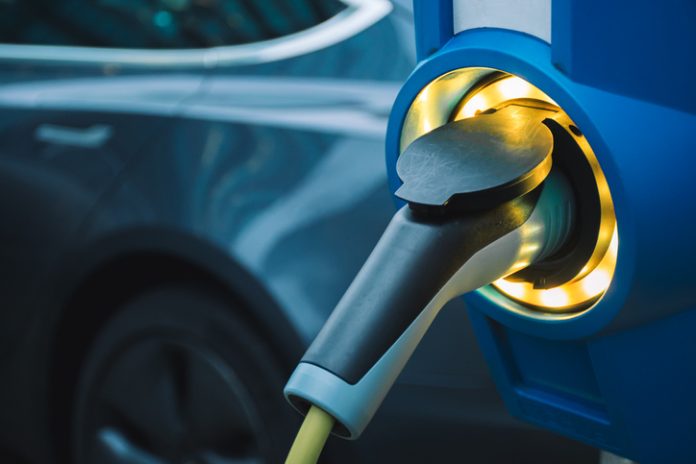Nigeria’s Electric Vehicle (EV) Development Strategy has reached its final stage for acceptance and execution as part of efforts to promote the local manufacturing of electric vehicles in the country.
During a validation workshop in Abuja, the Director-General of the National Automotive Design and Development Council (NADDC), Jelani Aliyu confirmed that the strategy would be adopted and ratified in the coming weeks.
The strategy aims at positioning Nigeria as a leading nation in vehicle electrification and sets a target to achieve net-zero emissions by 2060.
One of the primary focuses of the strategy is to promote local manufacturing of electric vehicles, with a goal of at least 30 percent local production with a specified timeframe, particular proportions, and objectives that must be achieved.
To facilitate the adoption of EVs, the strategy mandates federal, state, and local governments, along with companies holding government contracts, to acquire and endorse EVs.
This is driven by the necessity for cost-efficient and sustainable transportation solutions given the higher costs associated with petrol and diesel.
Aliyu emphasized the significance of developing indigenous vehicles with local inputs and intellectual property tailored to Nigeria’s challenging conditions.
The objective is to establish a more cost-effective transportation system for Nigerians. He also highlighted Nigeria’s renewable energy resources and natural resources, such as lithium and petrochemicals, that can empower EVs.
He stated that the NADDC, in collaboration with the private sector, is already working on implementing charging stations along highways and road networks to establish an efficient EV ecosystem.
Regarding the timeframe for this, he mentioned that it would be accomplished by the end of the year.
To ensure the effective implementation of the Strategy, Aliyu recommended that the federal government pass the 2023 National Automotive Industry Development Plan Bill to provide legislative support and attract foreign direct investment (FDI) in the automotive sector.
In addition to legislative support, Jelani proposed several other measures. These include the endorsement of the strategy and policy, designated funding for a Vehicle Finance Scheme focused on EVs to enable affordable nationwide purchases, stricter regulations on vehicle emissions, the establishment of an Electric Vehicle Development Fund, and the development of essential EV charging infrastructure.
Furthermore, Aliyu suggested that the government enforce compliance with Executive Order 003, which mandates the procurement of locally produced vehicles by government ministries, departments, and agencies (MDAs) as well as private companies working on government contracts.
He also recommended revitalizing the public transportation system through a Commercial Vehicle Replacement Programme that includes a 30 percent ratio of electric vehicles by 2024, streamlining ports operations, and providing dedicated corridors for automotive imports and exports.
Do you want to share your impact stories or pitch the coverage of your CSR event to us? E-mail: editor@impactwatch.net or *Phone +234-806-795-0250 (Whatsapp &Text)





